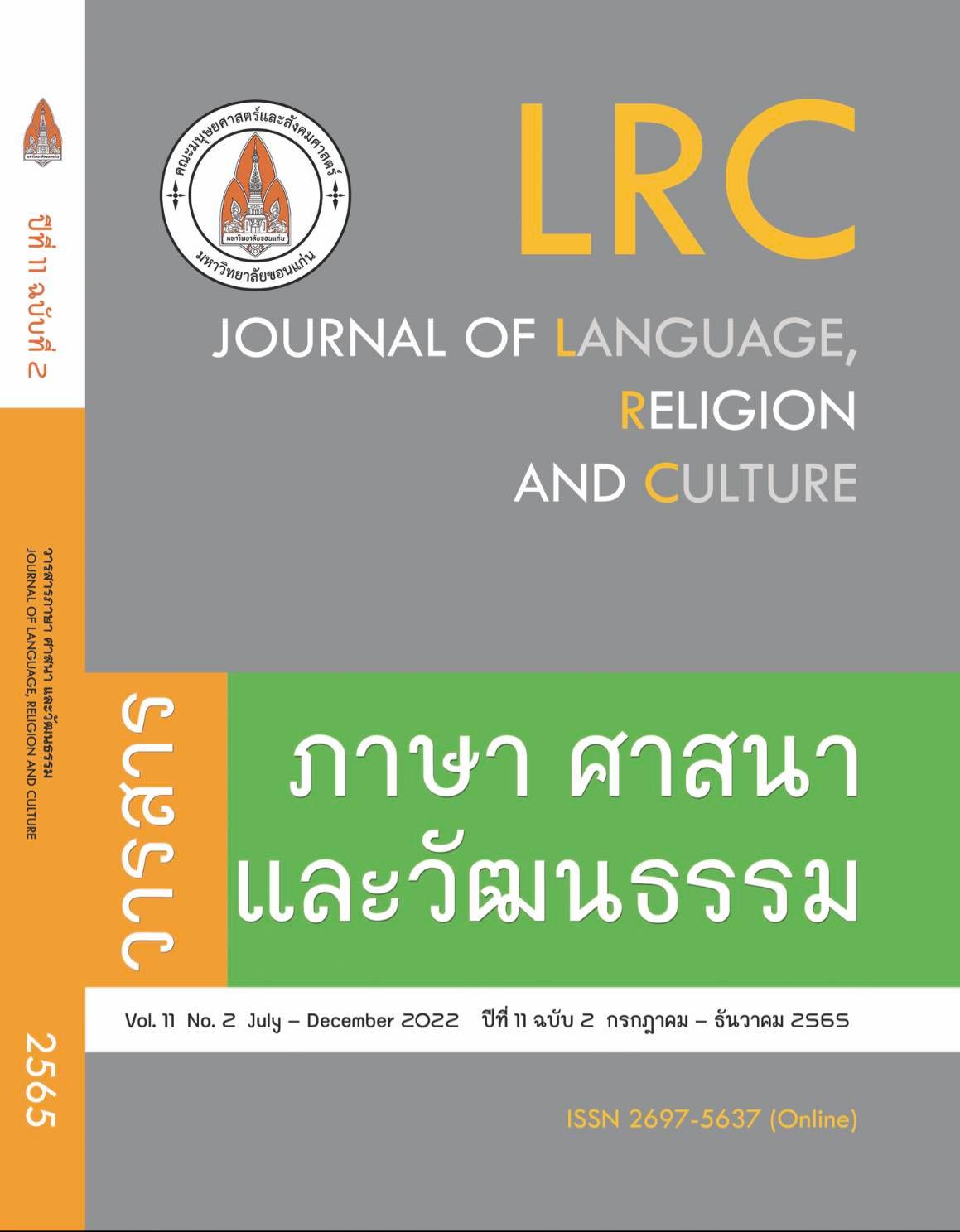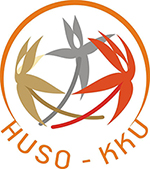การวิเคราะห์การแปลอารมณ์ขันจากภาษาเยอรมันเป็นภาษาไทย : กรณีศึกษาวรรณกรรมเยาวชน เรื่อง Eine Woche voller Samstage ของ พอล มาร์
การวิเคราะห์การแปลอารมณ์ขันจากภาษาเยอรมันเป็นภาษาไทย : กรณีศึกษาวรรณกรรมเยาวชน เรื่อง Eine Woche voller Samstage ของ พอล มาร์
คำสำคัญ:
การแปล, การแปลอารมณ์ขัน, การแปลวรรณกรรมเยาวชนบทคัดย่อ
งานวิจัยนี้ มีวัตถุประสงค์เพื่อศึกษาประเภทของภาษาสื่ออารมณ์ขันและวิเคราะห์กลวิธีการถ่ายทอดภาษาสื่ออารมณ์ขัน และปัญหาการถ่ายทอดภาษาสื่ออารมณ์ขันที่ปรากฏในวรรณกรรมเยาวชนฉบับแปลเรื่อง แซมเพื่อนรักมหัศจรรย์ ตอน ทุกวันเป็นวันเสาร์ (2548) แปลโดยหัทยา แปลจากต้นฉบับภาษาเยอรมันเรื่อง Eine Woche voller Samstage (1973) ของ Paul Maar โดยใช้แนวคิดเรื่องความไม่เข้ากัน (Incongruity) และความกำกวมของภาษา (Ambiguity) เป็นเกณฑ์ในการคัดเลือกภาษาสื่ออารมณ์ขัน และใช้ทฤษฎีแนวคิดวิธีการแปลแบบปรับ (Adaptation) ในการวิเคราะห์กลวิธีการแปล ผลการศึกษาพบว่า ประเภทของภาษาสื่ออารมณ์ขันที่พบมี 2 ประเภทหลัก ได้แก่ (1) อารมณ์ขันจากการเล่นคำ และ (2) อารมณ์ขันจากการสร้างคำใหม่ สำหรับกลวิธีการถ่ายทอดภาษาสื่ออารมณ์ขันที่พบมี 6 วิธี ได้แก่ (1) การคัดลอกต้นฉบับแบบคำต่อคำในบางส่วน (2) การแปลด้วยคำทับศัพท์ (3) การรังสรรค์ข้อความขึ้นทดแทน (4) การสร้างบริบทที่คุ้นเคยหรือเหมาะกับวัฒนธรรมในภาษาปลายทาง (5) การขยายหรือเพิ่มข้อความจากต้นฉบับ (6) การตัดออกหรือละความบางส่วน นอกจากนี้ ผลสำรวจความคิดเห็นของผู้ทรงคุณวุฒิด้านภาษาเยอรมันจำนวน 3 ท่าน พบว่าปัญหาหลักในการถ่ายทอดภาษาสื่ออารมณ์ขันในงานวิจัยครั้งนี้ แบ่งได้เป็น 4 ประเด็น คือ (1) เนื้อความในบทแปลขาดหายไม่ครบถ้วน (2) บทแปลใช้คำทับศัพท์ที่ส่งผลกระทบต่อความเข้าใจอารมณ์ขัน (3) เนื้อความในบทแปลเกินกว่าต้นฉบับหรือแตกต่างจากต้นฉบับอย่างสิ้นเชิง และ (4) การแปลผิดความหมาย
ดาวน์โหลด
เผยแพร่แล้ว
รูปแบบการอ้างอิง
ฉบับ
ประเภทบทความ
สัญญาอนุญาต
ลิขสิทธิ์ (c) 2022 วารสารภาษา ศาสนา และวัฒนธรรม

อนุญาตภายใต้เงื่อนไข Creative Commons Attribution-NonCommercial-NoDerivatives 4.0 International License.







